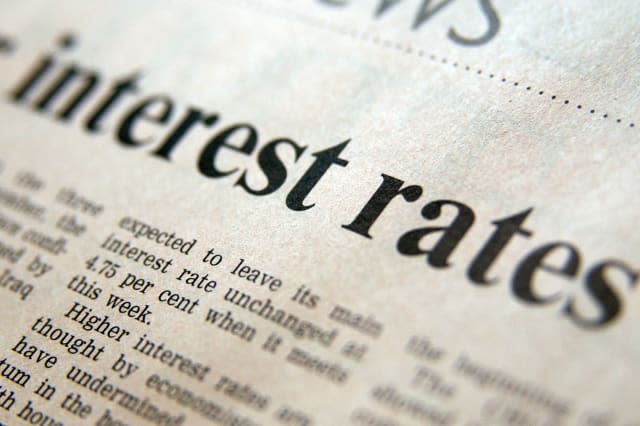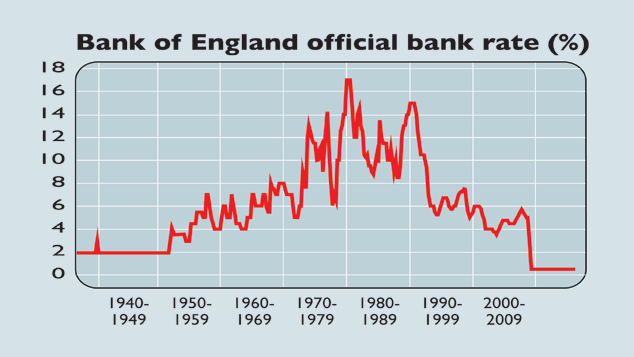Hold onto your cash - negative rates could be coming here soon

Switzerland already has them. So does Sweden, the eurozone, and now Japan. With every month that passes, negative interest rates are becoming established as a tool of central-bank policy. They now cover more than a third of the global economy. True, they might be very weird, and create a through-the-looking-glass economy. But they are spreading fast.
Despite that, most people still seem to think the next move in British interest rates will be an increase, even if the date of it seems to keep getting postponed. But why does the UK have to be exempt from the trend? In fact, it is quite possible we might see negative rates here. There are three obvious triggers that could see the Bank of England join this great monetary policy experiment.
Deflation takes hold
The UK has already slipped into deflation for the odd month here and there. The latest inflation rate was a mere 0.2%, which is just one supermarket price war away from prices actually falling. So what happens if oil and commodity prices keep on collapsing the way that they have been for the last three months? Oil has dropped by close to 30% in a month, and some predictions are that it could go below $20 a barrel as more supply hits the markets.
Other commodities could fall with it. That could push the deflation rate down to minus 1%, or lower. In that situation, a negative interest rate might be the only tool the Bank has available to try and combat deflation. And keep in mind that if prices are falling by 1% a year, then a 0.5% negative rate is not so weird after all – it is still a real rate of 0.5%.

Sterling surges
A soaring pound might seem unlikely for the UK, a country with one of the biggest trade deficits in the world: countries that import massively more than they export every year are far more likely to see their currencies fall. But what happens if the European Central Bank (ECB) cuts its rates even deeper into negative territory to try and fight recession in the eurozone? The pound may well keep climbing against the euro – 1.50 or 1.60 can't be ruled out.
That's great if you're taking a holiday in France or Italy, but terrible for our exporters – and the eurozone remains our biggest single export market. So the Bank of England might feel compelled to match ECB rates to stop the currency climbing too high. After all, that is what drove the Swiss and Swedish decisions – they're both also dependent on eurozone exports.
Global recession hits
Shipping prices have tanked. Commodity prices have collapsed. The markets have been through the worst January in many years. Those kinds of moves often warn of a recession. It might not happen this time – but unless "boom and bust" has really been abolished, the economy is certain to turn down at some point.
Then central banks will feel they have to do something to stimulate demand. Since they didn't hike rates when the economy strengthened, they will have no other place to go but negative rates.
There are other scenarios as well. A house-price collapse could push the Bank of England into negative rates to keep the market alive. A banking failure might force the Bank to respond with negative rates to shore up the system. None of these are especially implausible. But whatever the potential trigger, negative rates are becoming widely accepted throughout the world and are a possibility here in the UK.
So if you have a tracker mortgage, hang onto it – the bank might soon be paying you a few pounds every month for the privilege of lending you money. If you have any high-yielding bonds, hold onto those – they might soon be worth a lot more. As for 50 quid notes, keep a small bundle in a safe somewhere. The zero interest on cash might be looking like the best home for your money one day soon.




